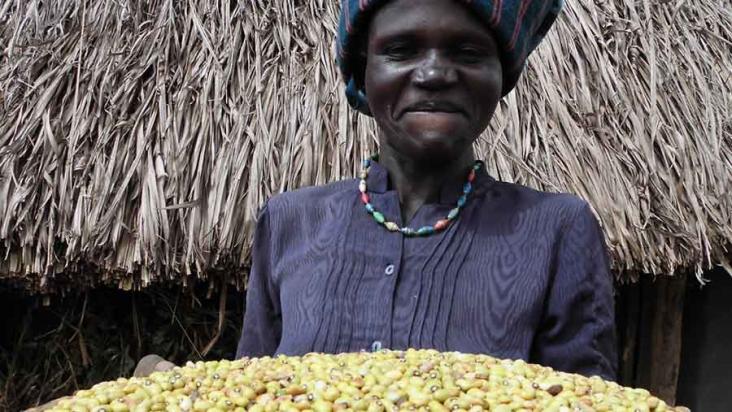Elsevier,
Smart Technologies for Sustainable Smallholder Agriculture, Chapter 15, 2017, Pages 295–306
This chapter considers the developments in agricultural technology required to fully achieve SDG 2 (zero hunger) can sometimes be detrimental to the environment. Climate smart technologies are needed.
The Blueprint for Business Leadership on the SDGs aims to inspire all business — regardless of size, sector or geography — to take leading action in support of the achievement of the Sustainable Development Goals (SDGs). It illustrates how the five leadership qualities of Ambition, Collaboration, Accountability, Consistency, and Intentional can be applied to a business' strategy, business model, products, supply chain, partnerships, and operations to raise the bar and create impact at scale. The Blueprint is a tool for any business that is ready to advance its principled approach to SDG action to become a leader. This chapter relates specifically to SDG 2.
Professor Paul T. Anastas holds the Teresa and H.
Aquaponics is an innovative smart and sustainable production system for integrating aquaculture with hydroponic vegetable crops, that can play a crucial role in the future of environmental and soci

Lucy Ajok, a 34 year old Ugandan farmer, gives Farmers Weekly an insight into her rural life. Lucy is a single mother of five children and lives on a three-acre farm practising mixed farming. Farming families dependent on family labour, like Lucy's, are typically the poorest in Uganda, and often have the additional challenge of HIV. This interview shares some of the challenges faced in achieving SDG 1 and SDG 2.
The role of agriculture in flood risk mitigation has been largely overlooked in the UK government’s national flood resilience review. Farm leaders are concerned that the review contains little mention of agriculture, rural communities or food security. This highlights the need to address flood risk mitigation holistically to support SDG 13.1 to strengthen resilience and adaptive capacity to climate-related hazards and natural disasters, and SDG 2.4 to implement resilient agricultural practices that strengthen capacity for adaptation to climate change, including flooding.
Israeli startup tech firm SuperMeat is attracting substantial crowd funding to support its development of chicken meat grown in a laboratory. This technological solution could open the door to an affordable and sustainable source of human food. Developing sustainable sources of conventional meat will contribute to the advancement of SDG 12.2 to achieve sustainable management and efficient use of natural resources in the food sector and address SDG 2 zero hunger.
Global and regional health effects of future food production under climate change: A modelling study
Background One of the most important consequences of climate change could be its effects on agriculture.
Healthy-food procurement: Using the public plate to reduce food insecurity and diet-related diseases
Food security remains a top development priority and global concern. It is enshrined in the 2030 Agenda for Sustainable Development in Sustainable Development Goal two.
